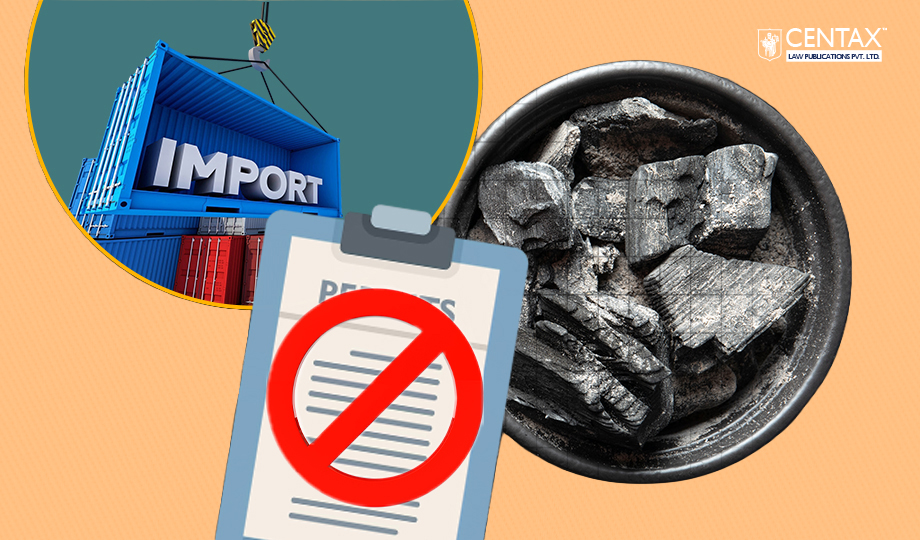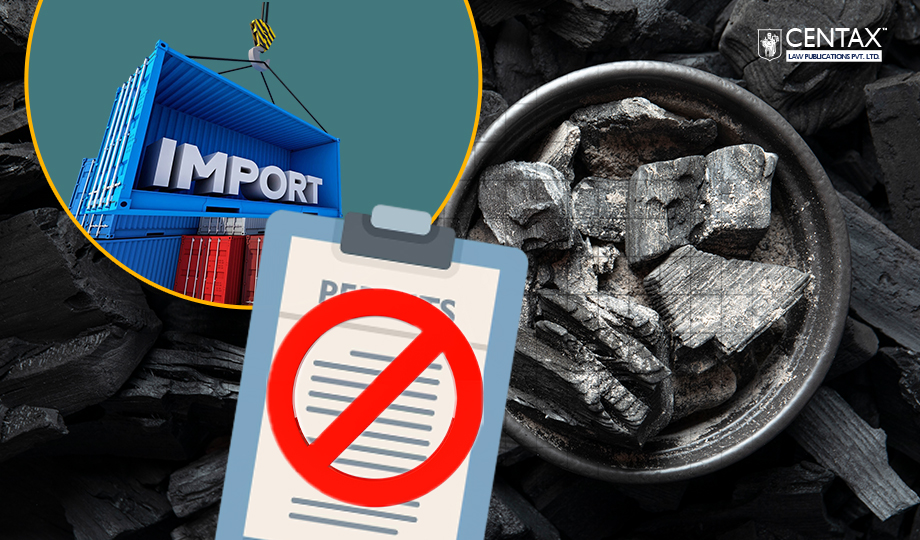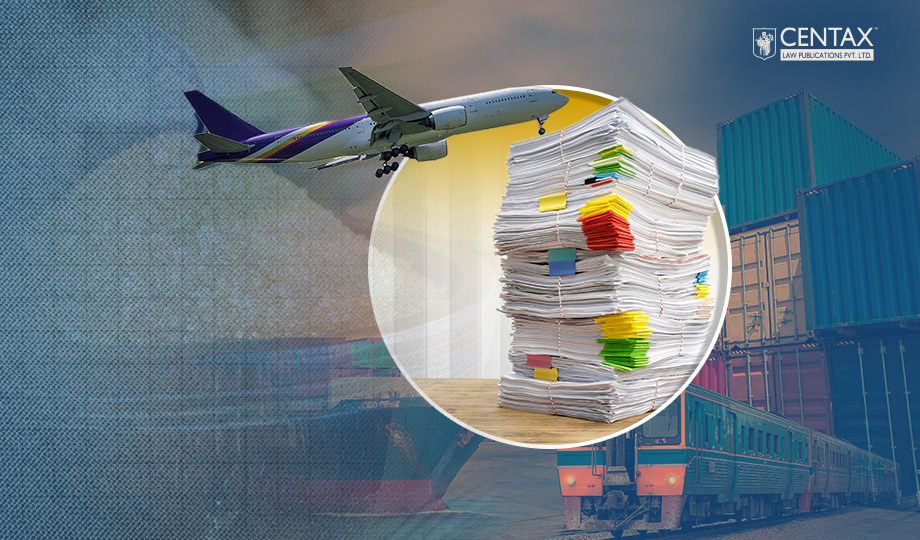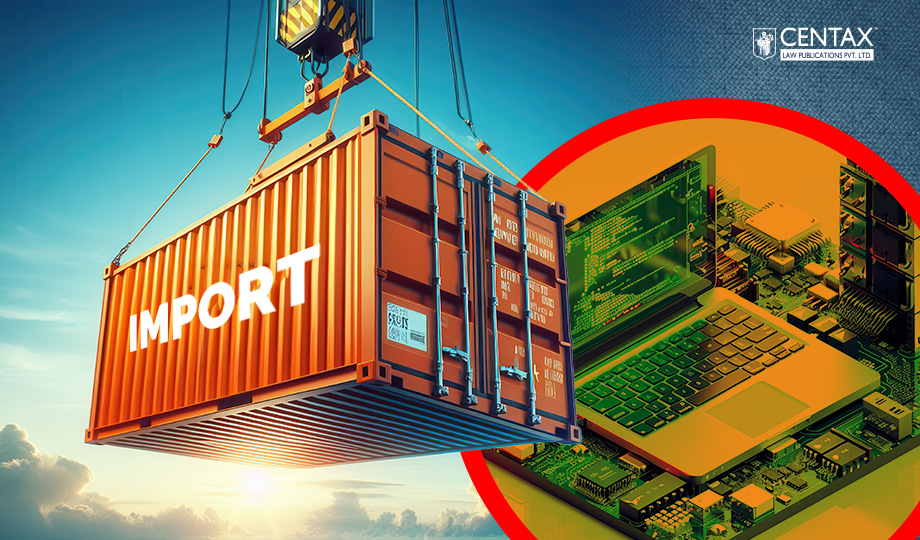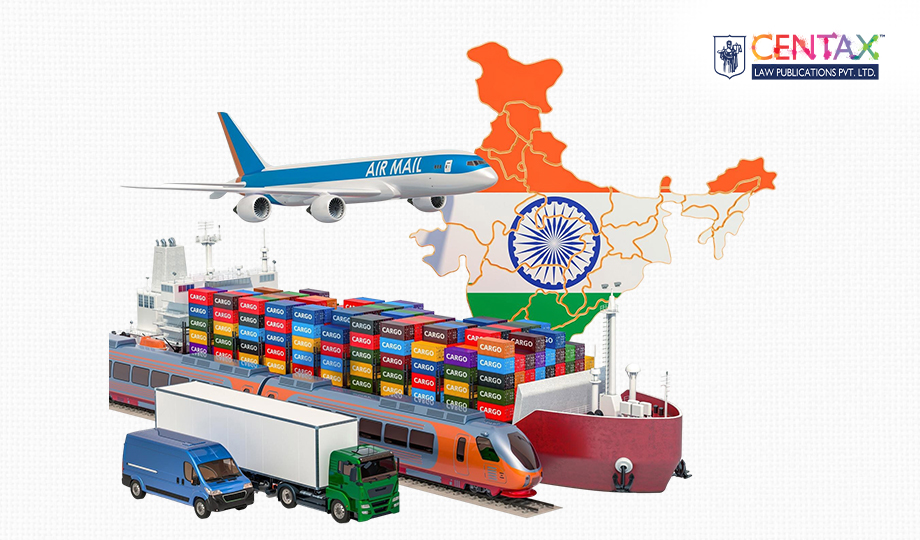
India’s Foreign Trade Policy (FTP) is a comprehensive framework formulated by the Directorate General of Foreign Trade (DGFT) under the Ministry of Commerce and Industry to regulate and promote the country's international trade. It outlines strategies, guidelines, and incentives to boost exports, regulate imports, enhance global competitiveness, and ensure compliance with World Trade Organization (WTO) norms.
Table of Contents
1. Introduction
India’s foreign trade framework has evolved significantly from the restrictive policies of the pre-liberalization era to a more open and WTO-compliant regime. Initially governed by the Imports and Exports (Control) Act, 1947, stringent trade controls led to economic inefficiencies, prompting major policy shifts post-1991. Reforms included reducing import barriers, liberalizing foreign exchange, and rationalizing tariffs to encourage global trade participation. In adherence to WTO mandates, India phased out direct export incentives and adopted a tax-free export mechanism. However, disputes over export promotion schemes, particularly under the Foreign Trade Policy (FTP) 2015-2020, have led to ongoing WTO challenges, shaping the policy transition towards tax remission in FTP 2023.
2. Background
The introduction of Import Trade Controls dates back to the early stages of the Second World War, implemented through a notification under the Defence of India Rules. Subsequently, the Imports and Exports (Control) Act, 1947 was enacted, and the Reserve Bank of India (RBI) artificially controlled foreign exchange rates. To discourage imports, heavy customs duties were imposed.
However, these stringent controls led to several adverse consequences, including smuggling, hawala transactions, shortages, and deteriorating quality of Indian products.
2.1 Policy Changes Since 1991
Recognizing the adverse effects of import and foreign exchange controls, the Government initiated liberalization policies in 1991, which included:
- Reduction in import restrictions – Several restrictions on imports were lifted.
- Freely convertible Rupee on the current account – Enabling smoother foreign exchange transactions.
- Gradual reduction in customs duty – Aligning tariff rates closer to international standards.
- Liberalization of Foreign Direct Investment (FDI) policy – Encouraging foreign investments in various sectors.
- Growth in service exports – India established a strong global presence, particularly in the software sector.
2.2 Liberal Import and Export Policy
In compliance with World Trade Organization (WTO) stipulations, Quantitative Restrictions (QRs) on imports, such as licensing requirements, were removed.
Under FTP 2023, exports and imports are generally free, except when regulated through:
- Prohibition
- Restriction
- Exclusive trading through State Trading Enterprises (STEs)
Most non-agricultural goods are freely importable, including gold and silver, which have seen significant liberalization. However, certain agricultural products, old vehicles, animal skins, narcotics, drugs, and environmentally hazardous goods remain restricted or prohibited, as permissible under WTO guidelines.
2.3 WTO Stipulations on Export Incentives
Under WTO rules, direct export incentives are prohibited if Gross National Product of the country is more than USD 1000 per annum to maintain free and fair competition among nations. Consequently, income tax benefits on export income have been phased out.
The Agreement on Subsidies and Countervailing Measures (ASCM) governs subsidy regulations for WTO members. The ASCM defines subsidies and determines their permissibility, as follows:
- Definition of Subsidy – A subsidy constitutes a financial contribution by a government or public body to exporters. This can be in the form of grants, loans, equity infusions, revenue forgone, or non-collected taxes.
- Prohibited Subsidies – Subsidies linked to export performance or requiring the use of domestic goods over imported goods are strictly prohibited.
- Countervailing Measures – Any country can challenge a developed nation’s export subsidy before the WTO Panel or Appellate Body for removal. However, India qualifies as a developing country, allowing it certain flexibilities in providing export subsidies.
2.4 Tax-Free Export Mechanism
Currently, India ensures that goods meant for export remain tax-free, which aligns with WTO regulations. Accordingly, all export promotion schemes focus on making both inputs and final products exempt from taxes.
2.5 WTO Dispute on India’s Export Promotion Schemes
In March 2018, the United States filed a complaint with the WTO, challenging various export promotion subsidies under FTP 2015-2020, including the Special Economic Zone (SEZ) scheme. The WTO Panel ruled that these schemes were inconsistent with the ASCM Agreement. India has appealed the ruling, and the matter remains pending before the WTO Appellate Body.
In Foreign Trade Policy 2023, the emphasis has shifted from incentives to tax remission.
















